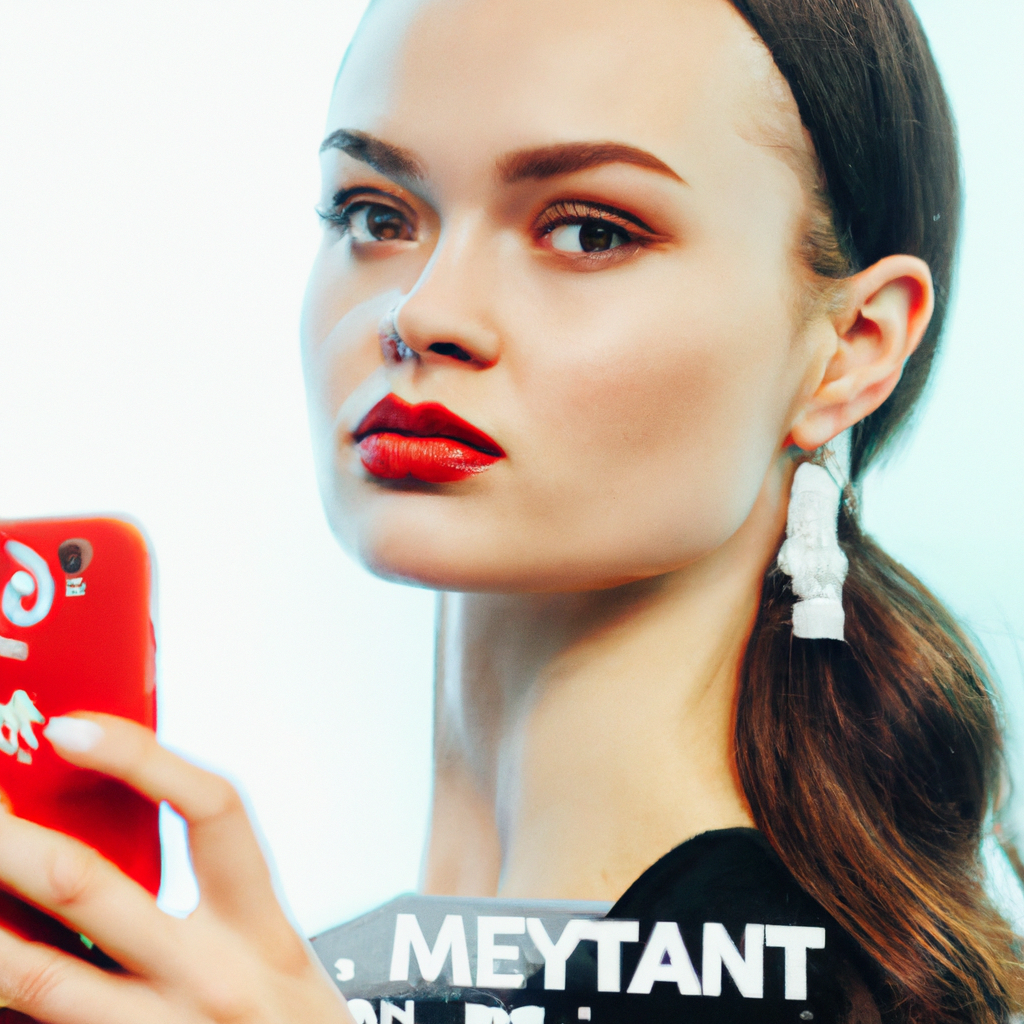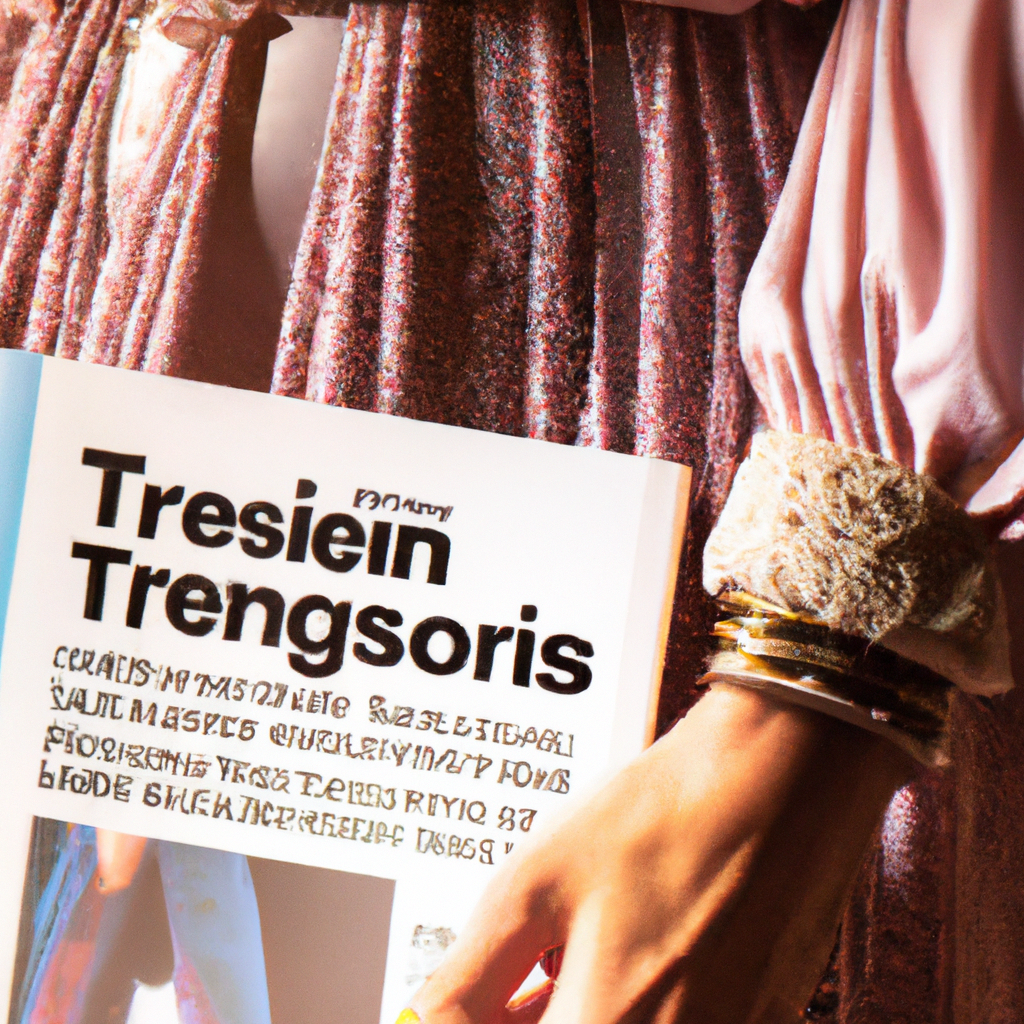In a world heavily influenced by digital marketing and social media, fashion influencers have become one of the most powerful forces in the fashion industry. Far from traditional fashion icons who were famous for being beautiful and stylish, today’s influencers are young, entrepreneurial and digital-savvy. They have a huge reach and a great ability to shape trends in our ever-evolving digital age, making them a fascinating subject to explore.
1. The “Influential” Impact of Fashion Influencers
Fashion Influencers are changing the game
The fashion industry has become increasingly competitive, and as such companies have had to get creative. Fashion influencers have appeared on the scene as trendsetters and trend-makers, offering people a look into their individual style and tastes. Through their blog posts,Instagram pictures, Youtube videos, and other major platforms, they are on the front lines of popularizing trends and dictating what will be fashionable for the season.
Numerous fashion influencers hold major sway in the industry. They have huge audiences, which are majorly dedicated fans that look out for their favorite influencer’s recommendations and trends. For fashion brands and labels, working with influencers can be an efficient and effective way of publicizing their designs and products. Getting an influential influencer to endorse a label can do wonders for the brand, get them global attention, and a bigger customer base.
These trendsetters have managed to be creative in their posts, offering everything from inspiring quotes to outfit ideas. With the help of the context technology, influencers are now able to give more targeted advice on what styles are best for particular body shapes and sizes.
In addition to offering insight and advice on fashionable trends, influencers have helped create an atmosphere of inclusivity and empowerment, especially for young fashion lovers. They drive conversations based on established norms of body acceptance, race and age, which are extremely important in an industry that has a significant say in how we view ourselves and others.
2. Exploring the Revolutionary Power of Social Media
We are living in a world that is in a constant state of evolution, and the realm of social media is no exception. In recent years, the power of social media has revolutionized the way we communicate with each other.
Social media has created an unprecedented revolution in communication. It has made communication easier and more efficient by providing a platform for people to instantly exchange ideas and messages. A key benefit of social media is that individuals are able to reach out to potential customers or peers on a much larger scale. It eliminates barriers of distance and allows users to connect to a much larger audience than ever before.
So what is the revolutionary power of social media? It goes beyond the scope of communication and provides unparalleled access to create, expand, and embrace innovations. This revolutionary potential is clearly seen through the vast success of companies such as Facebook, Twitter, and Instagram, who all benefited from the power of social media to create a new way of interacting and connecting with users.
One of the most revolutionary aspects of social media is the ability to generate real-time feedback and monitor user sentiment. This allows businesses and organizations to gain valuable insights into their customer and user base, helping them to understand their needs, desires, and preferences.
- Creating Connections – Social media enables users to connect to a much larger audience than ever before.
- Innovation – It provides the platform to create, expand, and embrace innovations.
- Real-Time Feedback – Allows businesses to monitor user sentiment and gain valuable insights into their customerbase.
3. Flipping the Runway: How Influencers are “in Control”
Transition from Traditional Front-Row Model to Digital Platforms
The traditional model of the front row reserved for global style insiders is slowly being challenged by the rise of the influencer. Influencers with a dedicated, engaged fan base and a growing social media presence are driving the industry forward, flipping the traditional runway upside-down.
At the same time, influencers are relying less on traditional consumption of media, such as magazines, and more on getting promoted on digital platforms. They’re skipping the traditional fashion week experience that required a physically being present at the show in the flesh, allowing them to be more flexible, agile, and connected with their fan base without having to always travel to see the fashion show in person.
- In many cases, influencers have replaced celebrities as off-the-runway trendsetters and the key source to spread the word about a brand, designers, or collection.
- The growing influence of influencers, as well as their increasing access to designer shows, is upending the fashion industry as a whole.
- They are not limited to sitting in the front row, but able to take part in fittings, act as marketing consultants, and are included in the creative process itself.
Social media and digital marketing have dramatically impacted the fashion industry and the traditional runway is no longer the only platform available to foster inter-connectivity. Influencers no longer have to be physically present to make an impact and thanks to the new digital opportunities, these individuals have a louder voice and more control over how the industry progresses and evolves.
4. Adapting to a New Era: The Future of Influencer Trendsetters
The rise of social media has enabled influencers to build their presences and drive awareness of brands on an incomparable scale. But as the internet continues to evolve and platform preferences fluctuate, the future of influencers vs. traditional advertising will soon be at a tipping point.
Social media influencers have the unique capability to make or break a product – especially when they’ve curated a dedicated following of fans and brand evangelists. So it is no surprise that companies are clamoring to get their products in the hands of influencers. But what will happen when this form of marketing dies?
Trends suggest that influencer marketing is being pushed aside as consumers become more focused on authenticity and transparency. Additionally, as users become more highly engaged and aware of platforms’ policies, companies must ensure they are leveraging the right influencer for the job and being mindful of platform policies.
- Personal social media accounts must be even more carefully managed, as one wrong post or comment can reflect poorly on a brand.
- Influencers must become experts in their field, to provide value and authority to their followers.
- Collaborations between brands and influencers should focus on long-term, meaningful campaigns to ensure more trust and reach.
Succeeding with influencer marketing in the future will require long-term strategies, with influencers imparting their knowledge and expertise, understanding the importance of authentic storytelling, and ensuring transparency and trust in all of their engagements.
As the world of fashion continues to evolve with the times, fashion influencers are paving a new path to success and setting trends for the digital age. It’s clear that these influencers have changed the very nature of the fashion industry and will continue to play a crucial role in the day to day lives of fashion-focused consumers. The world of fashion has changed, and with it, so have the players.


